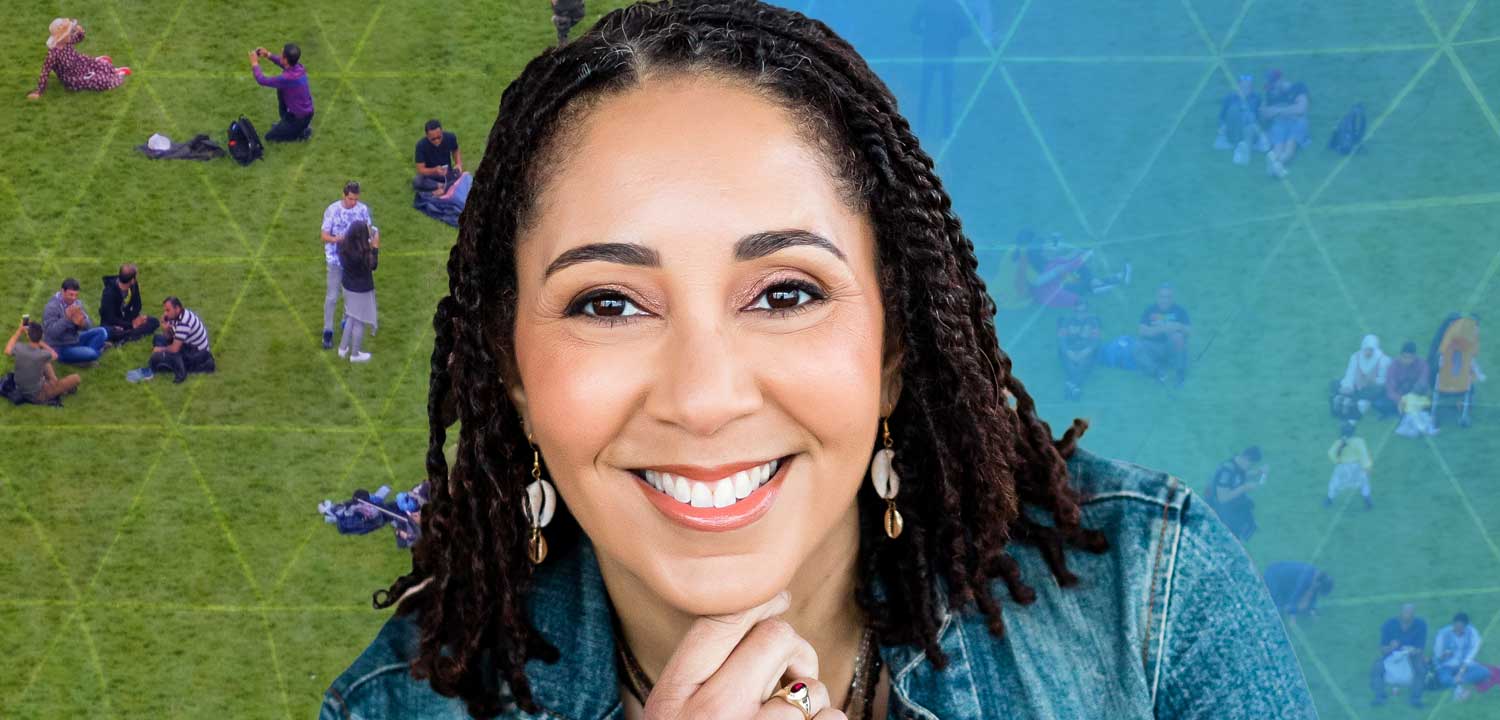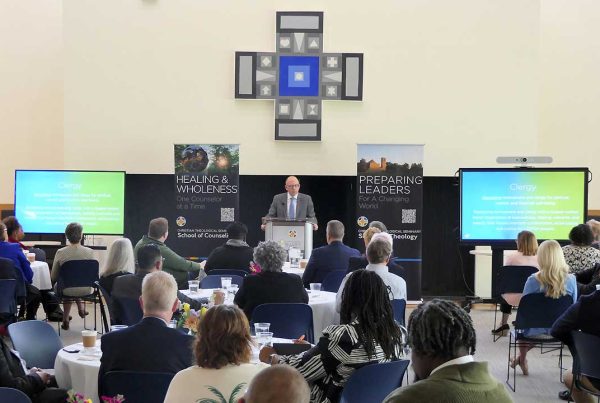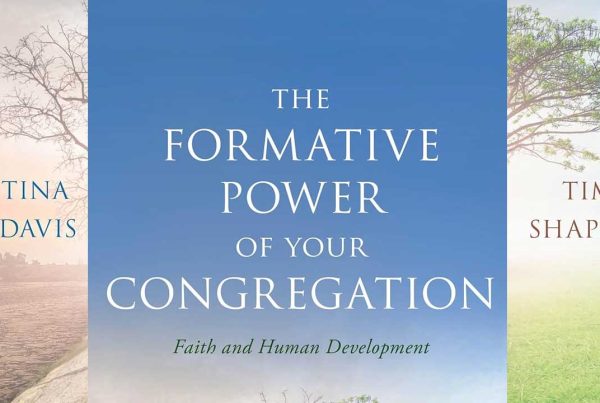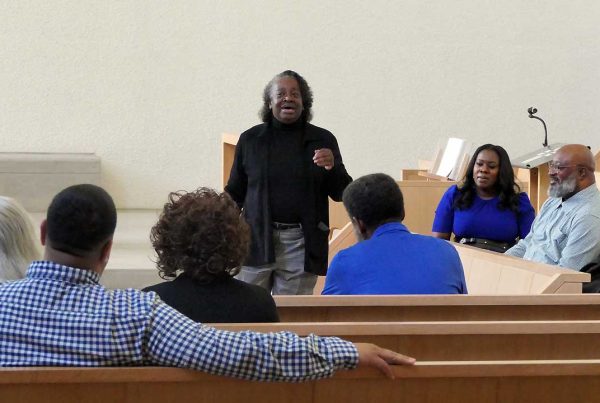Winter and Spring Courses for “Our Life in Common” and “Skills for Flourishing Congregations” Focus on Technology and Religion
Not a day goes by when most of us do not hear some news about innovative technologies shaping our lives – AI, social media, video technology, and so on. There is no question that, particularly since the COVID-19 pandemic, Christian communities have had to explore and integrate technology in new ways; moreover, advances in AI and online connectivity have raised existential questions about what it means to be human, and what it means to be in community.
As part of Christian Theological Seminary’s ongoing continuing education series, “Our Life in Common” and “Skills for Flourishing Congregations,” we will be engaging these questions. The classes are completely online and open to anyone who is interested in how theological/spiritual thinking impacts our lives together.
The “Our Life in Common” series focuses on broad conversations open to anyone interested in how religion impacts public life. The “Skills for Flourishing Congregations” courses are intended to equip pastors and lay leaders of congregations with specific skills related to ministry. Both courses are eligible for continuing education credits.
The next “Our Life in Common” course is “Technology: Our Salvation or our End?” and it will be taught by Dr. Monica Coleman, famed author and Professor of Africana Studies/John and Patricia Cochran Scholar for Inclusive Excellence at the University of Delaware, and Dr. Jon Ivan Gill, Assistant Professor of Philosophy at Gustavus Adolphus College. The class will center on the following questions:
Much optimism around the future centers on technology – will we humans find a way to invent solutions to global climate change, poverty, and other existential threats? Or will the very inventions spell doom? How does this relate to social media platforms, AI, the Internet, and other major technologies present now? And how does a theology of human co-creation with the divine inform the ethics of what might happen?
The course meets on Wednesday afternoons from 7-8 PM, starting on January 10th. The registration fee is $125.
Meanwhile, the “Skills for Flourishing Congregations” course is, “Technology and Faith Formation,” which focuses on the following:
So much of our social, intellectual, and cultural life is lived online these days. If we are “formed” as people online, then what does that mean for the prospects of online faith formation of youth and adults? What are the possibilities, and what are the potential pitfalls? Join Rev. Dr. Jevon Caldwell-Gross for a hands-on, creative look at best practices and new horizons in online faith formation, and how congregations can take part.
This course meets on Monday evenings, starting on January 8th. The fee for this course is also $125. Dr. Jevon Caldwell-Gross is a popular author and is Teaching and Online Community Pastor at St. Luke’s United Methodist Church in Indianapolis, IN, one of the largest UMC churches in the country.
In addition to the one-hour online discussion sessions for each course, students who sign up have access to a wide variety of online content both during and after the class.
Dr. Robert Saler, who oversees the classes on behalf of the seminary, remarks: “I think my favorite thing about these classes is that people come with a wide variety of backgrounds and perspectives, and together we create an atmosphere of open inquiry and dialogue. Some of the people that come are deeply involved in local congregations; some have little to no connection to the church (and in fact have been hurt by religion in the past). But everyone that comes believes, in their own way, that the questions on the table are important for us to wrestle with, and that it is better to have good conversations than any answers.”






